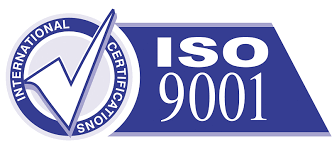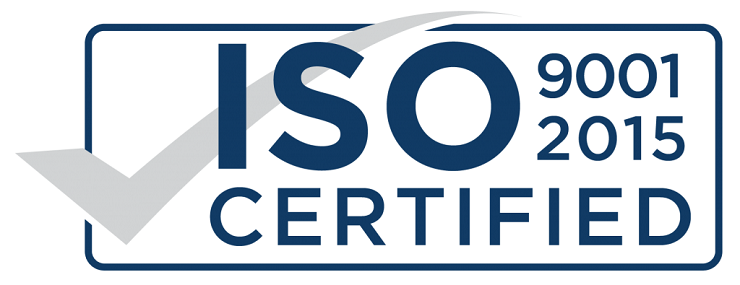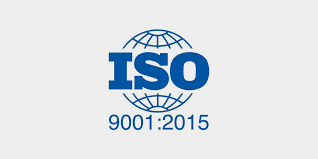International Organisation of Standardisation (ISO) develops international standards to promote global trade and creates a common ground to compare products and services from different countries. ISO 9001 is an internationally-recognised Quality Management System that belongs to the ISO 9000 family of standards developed by ISO. The main focus of ISO 9000 standards is customer satisfaction. ISO 9001 maps out the requirements that organisations who wish to be compliant with the standard need to meet.
Process of ISO 9001: 2015 Certification
The process of ISO 9001 certification starts with an organisation’s decision to start using ISO 9001 standard as the basis for the Quality Management System (QMS). Since ISO certification requires an audit by a third-party certifying body, the organisation gets in touch with an ISO certification company.
Here is the ISO certification process in India:
- The organisation discusses its needs with the certifying body. Then, the certifying company carries out an initial analysis and checks the major areas of non-conformities with the standard
- The ISO 9001 certification company shares these findings with the organisation and gives it an action plan to meet the requirements of the standard
- The organisation implements the QMS based on the ISO 9001 standard and maintains for a specified length of time. Then, reviews are conducted by the internal audit and management teams of the organisation
- Once the findings of the internal audits have been implemented, the organisation invites the certifying body to assess the system against the requirements of the ISO 9001 standard
- The certifying body audits the system and issues an ISO 9001: 2015 certificate for compliance of there are no major non-conformities. The company is then considered ISO 9001 certified
- The certification is valid for 3 years and the certifying body undertakes ongoing audits of the system every year as agreed between the organisation and the certification body. At least one maintenance audit must be carried out every year during the period in which the certification is valid
Since the ISO 9001 certification is valid only for 3 years, the organisation must apply for re-certification to maintain its ISO 9001 certified status. The certifying body will audit the entire QMS and then issue an ISO certificate for compliance.
Get in touch with us to get ISO: 9001 certified now. Call any of our primary numbers: +91-9868476771 or +91-9918728945.




